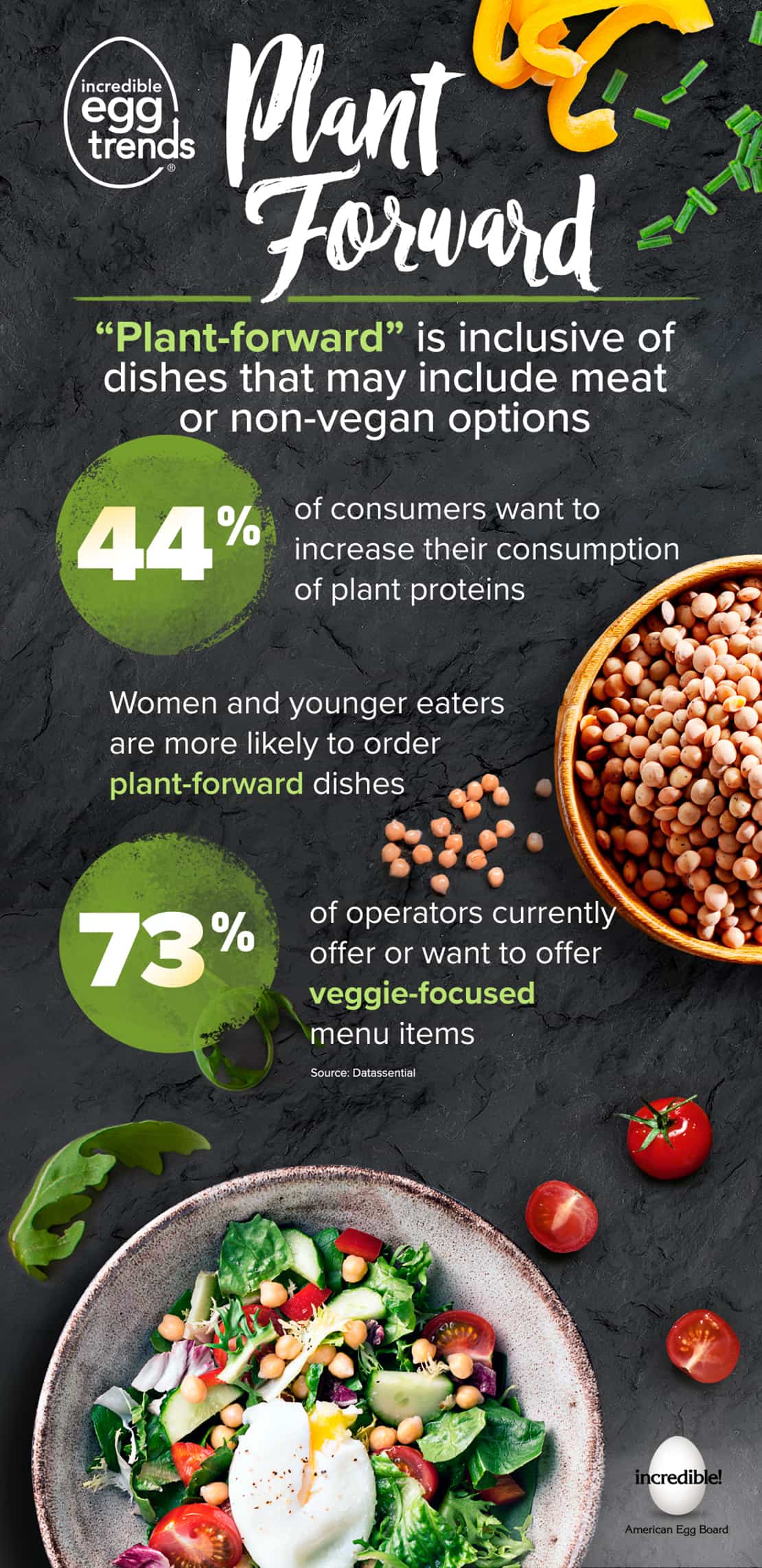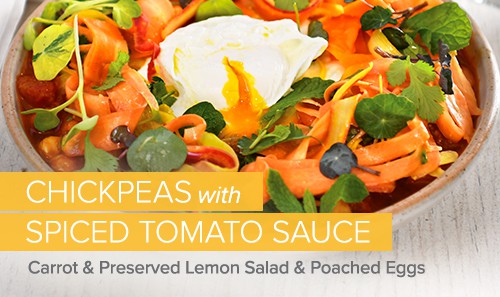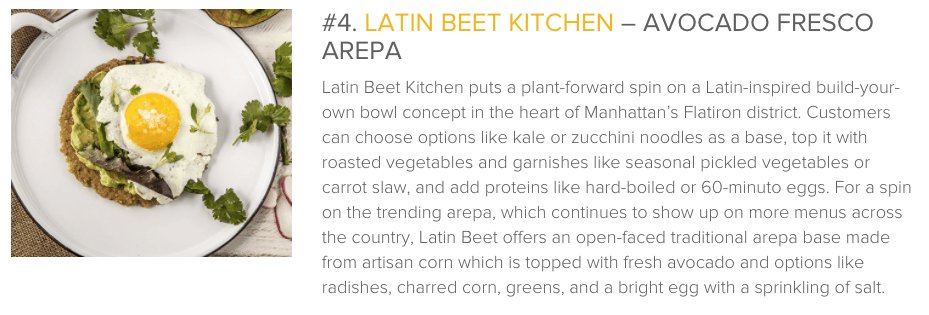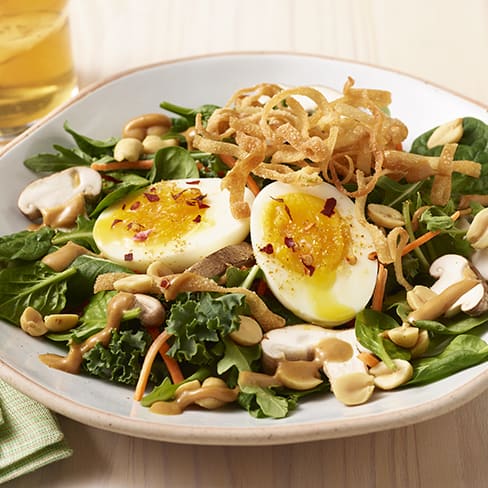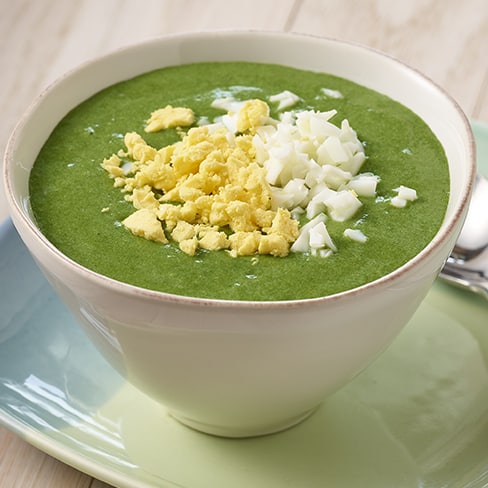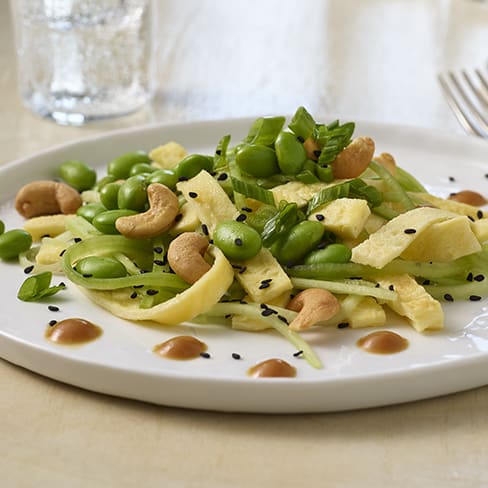Plant-Forward Cuisine is Merging into the Mainstream

As one of the most talked about trends in dining today, the shift to consuming more plant protein is all about balance and achieving an overall healthier diet rather than eliminating all animal protein. Younger generations, who are leading the plant-forward push, aspire to eat more fruits and vegetables, while still enjoying great tasting meals. A natural complement to plant-forward dishes, eggs deliver additional protein and another layer of flavor. Eggs and veggies plate well together and are an ideal pairing for flexitarian and vegetarian menu options.




TIPS & TRICKS
“Have a loaded spice pantry. It should be stocked with beautiful vinegars, beautiful spices, excellent oils from all over the world—and that way you can make anything delicious…Eggs for example. We love frying eggs in ghee or olive oil with a little bit of pimentón, Spanish smoked paprika it just adds this extra savory, smoky element that’s so interesting, and it’s such an easy way to add this unexpected twist to something very basic.”
— Chef Heather Sperling
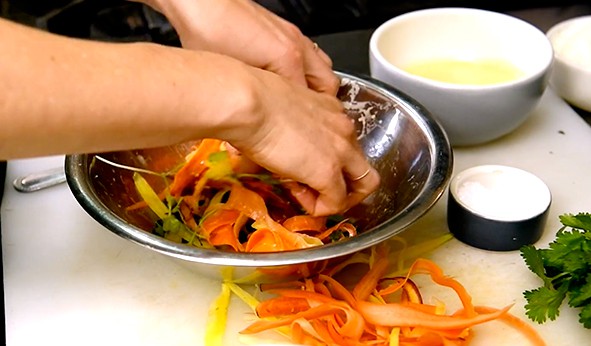

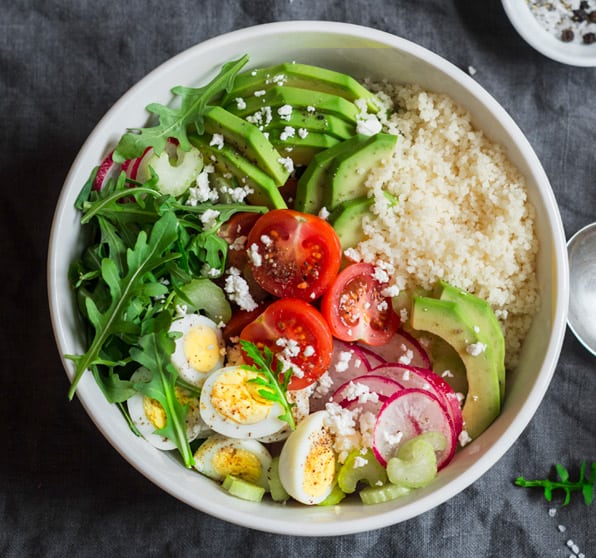
EGGS & GREENS: A PERFECT PAIR
- Positive pairings—eggs and vegetables—when eaten together, the nutritional value of the sum can be greater than the parts.
- A salad eaten with whole cooked eggs increases carotenoid (i.e., lutein, zeaxanthin, α-carotene, β-carotene and lycopene) absorption. The fat in eggs increases the nutrient absorption of the fat-soluble nutrients.
- A similar effect is seen with vitamin E absorption. Eating salad with whole cooked eggs also increases vitamin E absorption, because it too is a fat-soluble vitamin.
- The highly bioavailable nature of egg carotenoids suggests that the dietary fat contained in egg yolk may help increase the bioavailability of carotenoids found in co-consumed fruits and vegetables.
Source:
Kim JE, Ferruzzi MG, Campbell WW. Egg Consumption Increases Vitamin E Absorption from Co-Consumed Raw Mixed Vegetables in Healthy Young Men. J Nutr. 2016;146:2199-2205.

